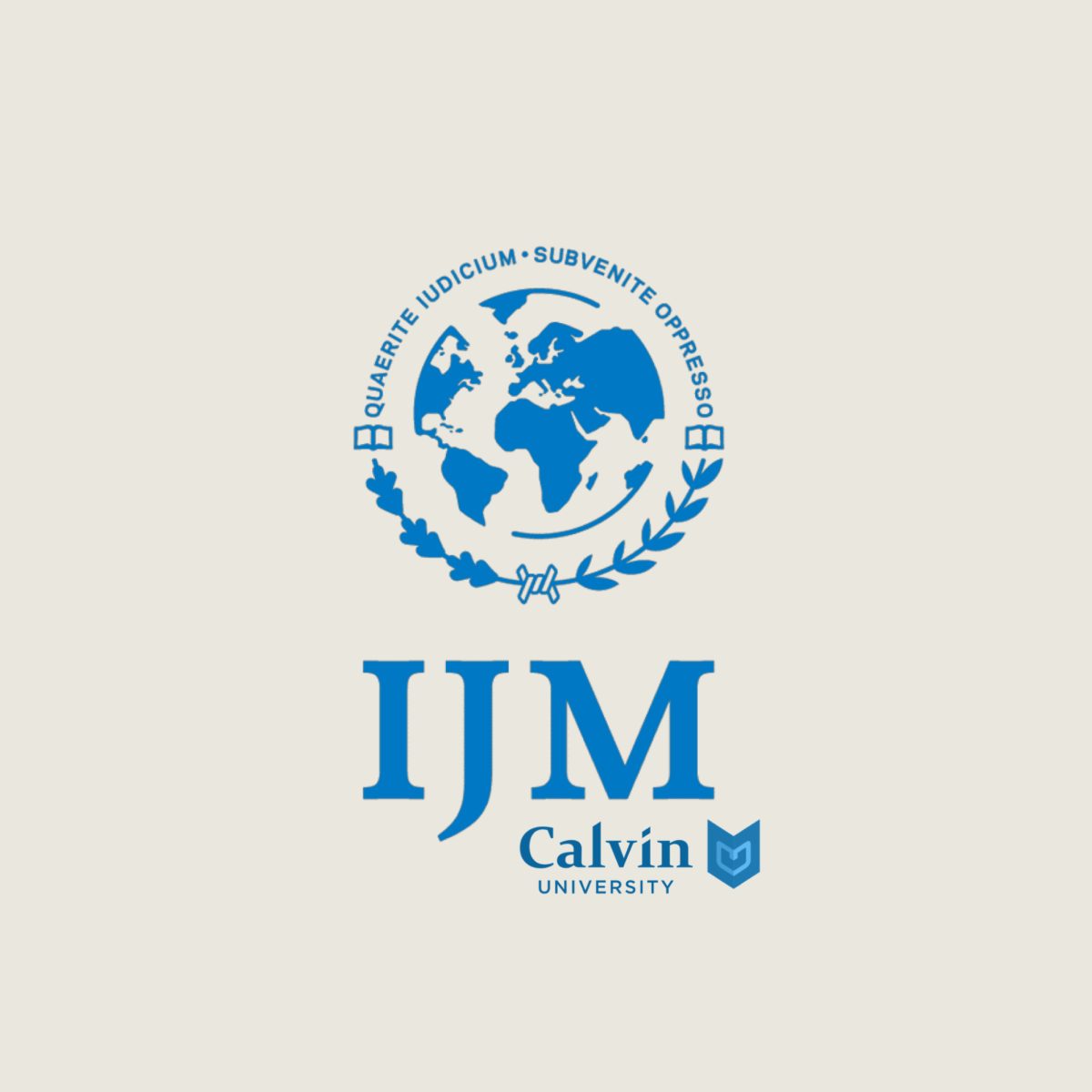In the spring of 2024, a number of faculty signed a letter that was sent to Calvin’s Board of Trustees (BOT) requesting that Calvin divest its financial investments from any organizations benefiting from the war in Gaza. The BOT considered such a request and although the BOT never made a public statement, it decided that it would not make such a move, largely based on the difficulty and logistics of divestment, as well as the research showing that such a move rarely has a real economic impact. The board’s argument was practical, not based on moral/ethical considerations. I informed the board that beyond real financial impacts, divestment could also be considered a symbolic statement highlighting Calvin’s stand against the war in Gaza and so exert social pressure to end the war. The board was not moved by this argument.
Now, over a year into the war, the situation in Gaza continues to deteriorate. As of this writing, over 43,000 people have been killed in Gaza. A United Nations (UN) report has stated that the government of Israel “has committed genocidal acts, namely killing, seriously harming, and inflicting conditions of life calculated, and intended to, bring about the physical destruction of Palestinians in Gaza.” Chile, South Africa, the Maldives, and Bolivia agree and have filed documents at the International Court of Justice arguing that Israel is committing genocide in Gaza and calling for international intervention. Human Rights Watch (HRW) has stated that Israel is using starvation as a weapon of war. UNICEF has called the Gaza strip “the most dangerous place in the world to be a child.” The horrors in Gaza have now spilled into the West Bank and Lebanon, and now Israel has banned the United Nations Relief and Works Agency (UNRWA) from working in Gaza, cutting off any aid to the region.
There can be no justification for intentional starvation, sanctioned illegal settlement expansion, the targeted bombings of refugees and armed attacks on United Nations peacekeeping forces. The list of war crimes and crimes against humanity committed by Israel grows by the week. The calamity needs to be named and condemned, and external pressure must be put on the Netanyahu government to stop the relentless killing of thousands upon thousands of innocent Palestinians trapped between the madness of Netanyahu’s government and the madness of Hamas.
To the world, Netanyahu’s actions are increasingly recognized as immoral, appalling, and calculated. More and more traditional allies of Israel are standing against what Netanyahu’s government is perpetrating in the middle east. We in the U.S. bear particular responsibility to speak out against this military onslaught in that we have sent Israel $12.5 billion in military aid this year alone, according to the Council on Foreign Relations. Calvin’s divestment would add to the growing number of voices around the world calling for an end to the catastrophe taking place in the Middle East, but this is not the choice the board has made. Its unwillingness to divest reveals the choice it has made: political expediency over a moral imperative. The board’s unwillingness to divest is more than disheartening: it’s a failing of profound proportions.




